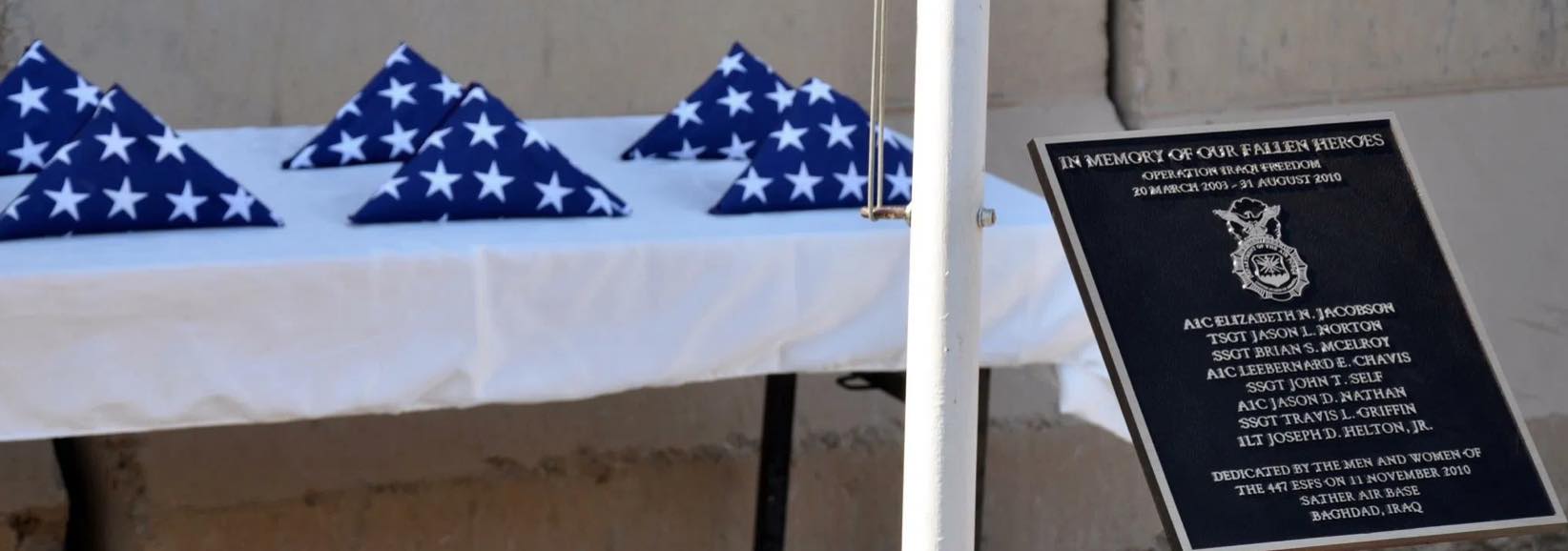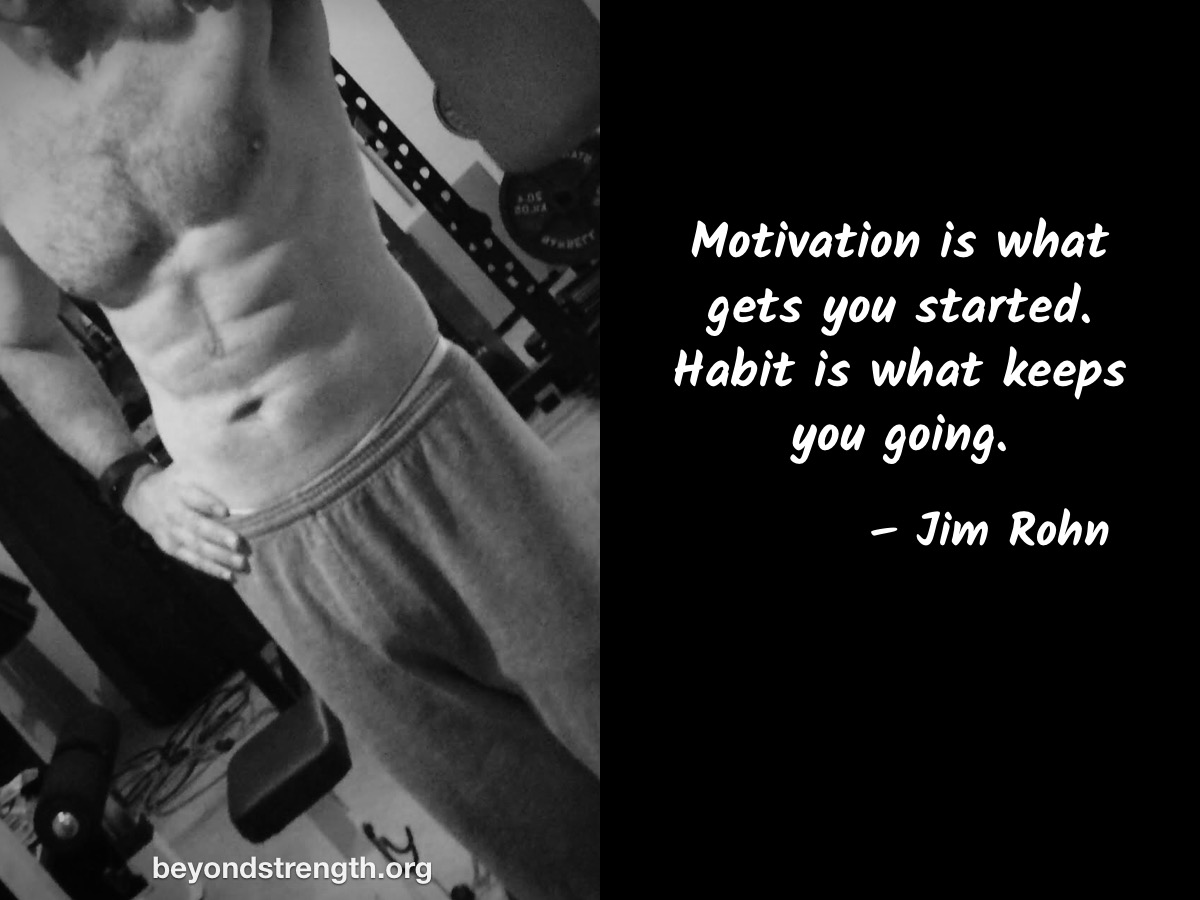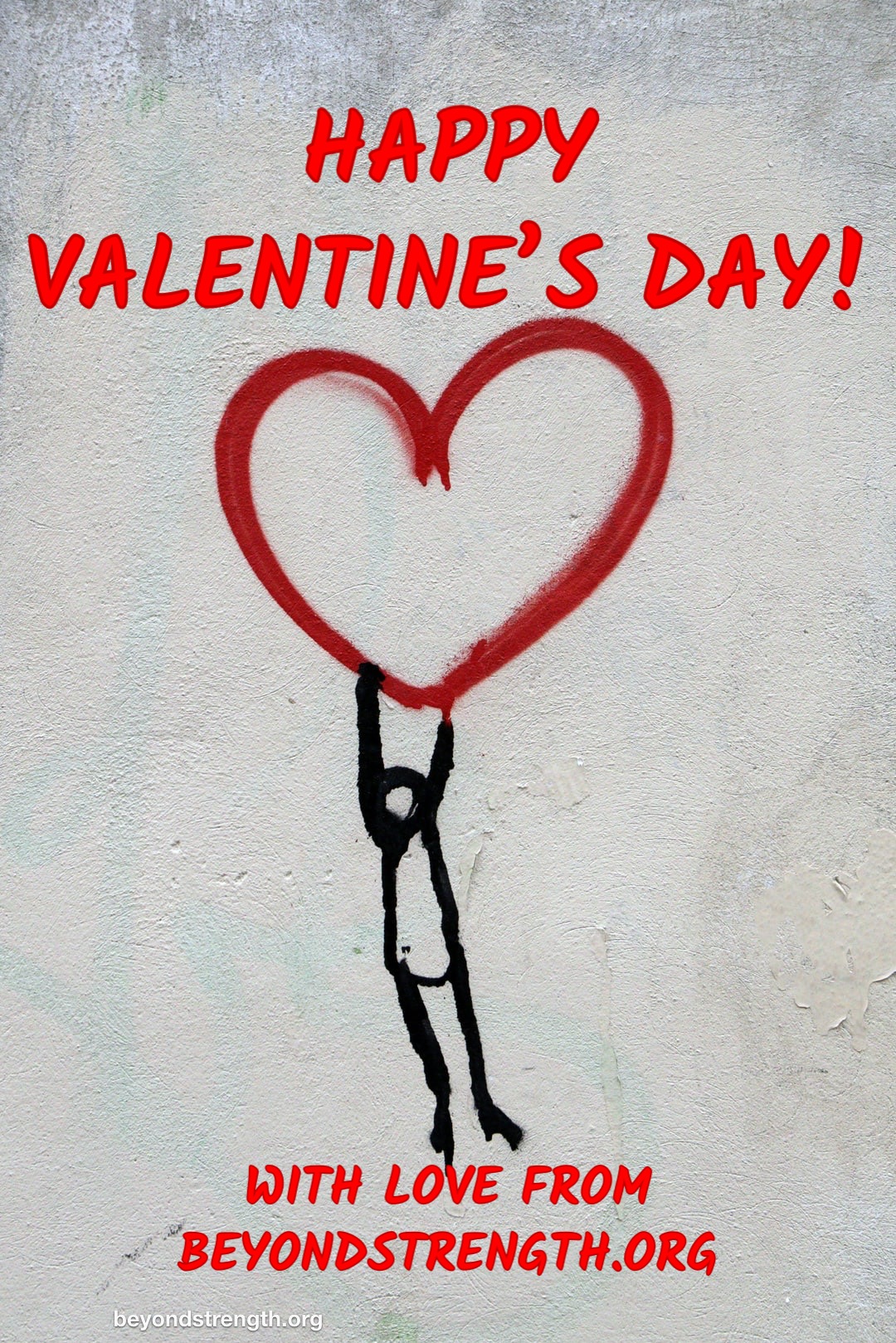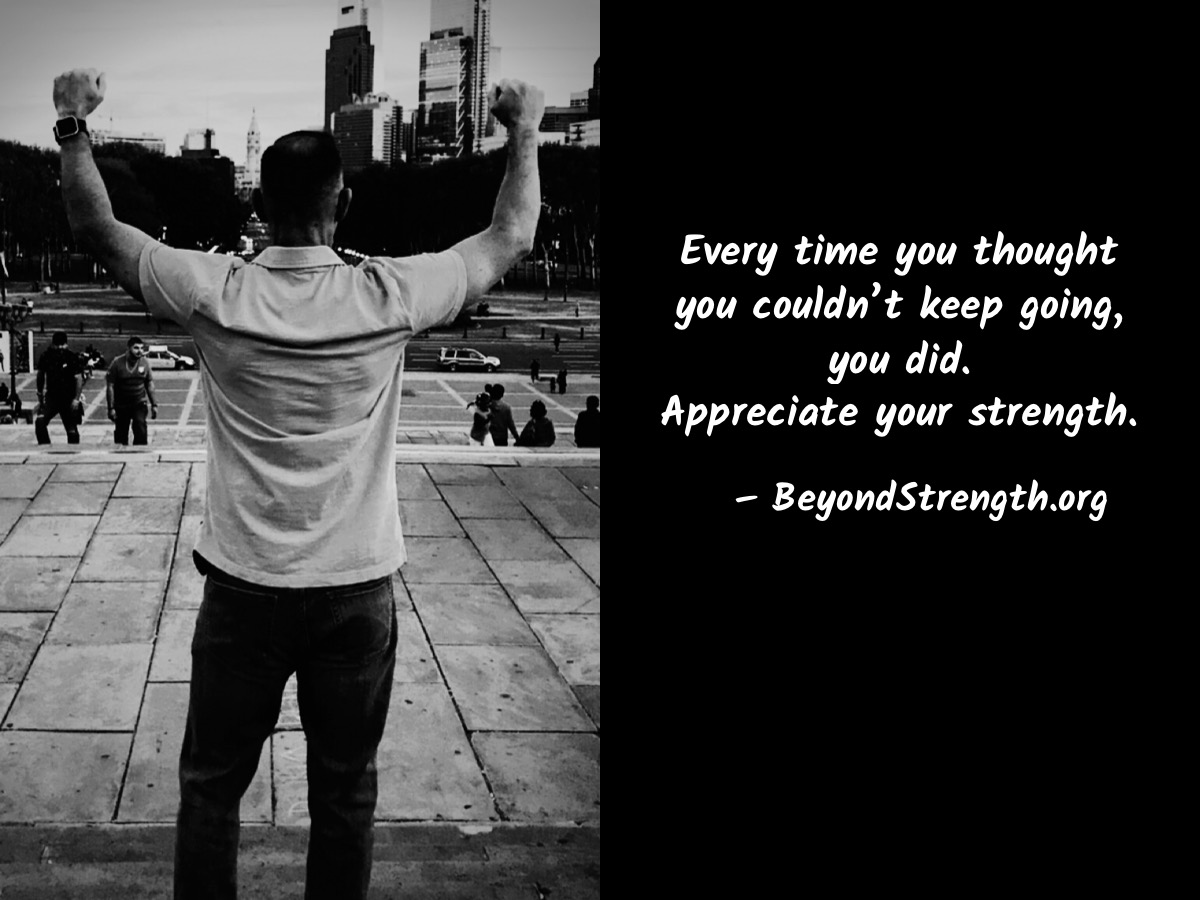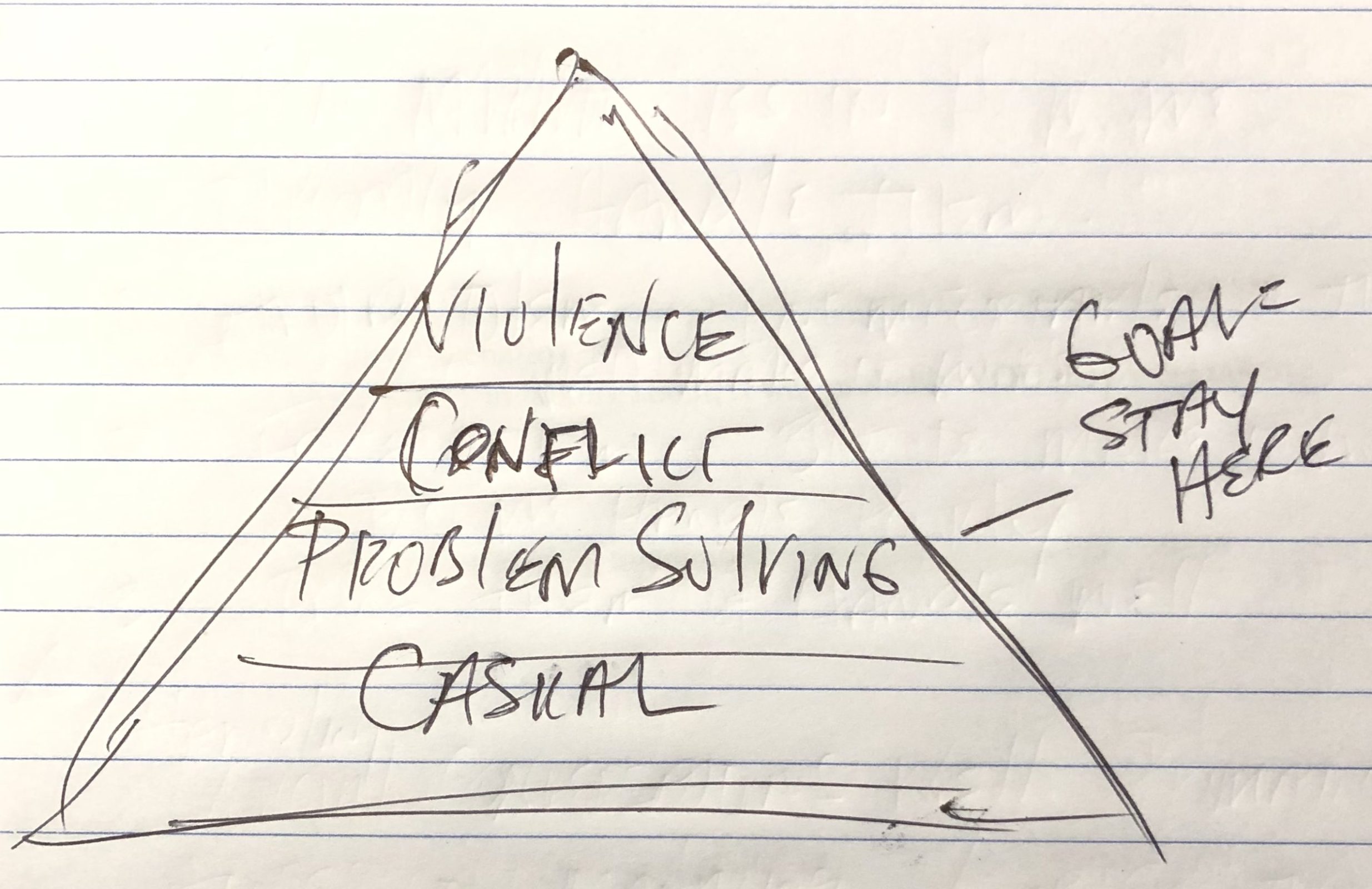As Memorial Day approaches, I offer this encore presentation of Lest We Forget, originally posted this date in 2018. It is also available by audio at the SoundCloud or YouTube links provided below.
“By this we know love, because he laid down his life for us.” These are the words of the apostle John, written somewhere around A.D. 90. John was referring to Jesus Christ in the first half of that verse, but he goes on in the second half to say, “And we also ought to lay down our lives for the brethren.” (1 John 3:16). The next few verses of that passage articulate what I consider some of the most insightful facts about love ever documented, the bottom line of which is this: genuine love ALWAYS results in action…not just sentimental words. Memorial Day is a holiday through which we rightfully pause to remember the actions resulting in ultimate sacrifice by those defending freedom.
Since 1775, more than a million American service members have died in wars and conflicts to preserve the freedoms we hold dear, fighting for our independence. They helped create the world we live in and paved the long road of democracy we continue walking today. We all owe them our gratitude for the freedom to live, work, play, express our faith, and raise our families. I’m especially mindful today of those thousands of brave sons and daughters who paid the ultimate sacrifice fighting our nation’s wars…who died while preserving our way of life.
These men and women were some of America’s best and brightest. They gave their lives on the blood-soaked beaches of Normandy, in the jungles of the South Pacific, and over the skies of Nazi Germany and Imperial Japan. They fought and died on the icy slopes of the Korean Peninsula and in the rice paddies of Vietnam. More recently, they have fought and fallen in the mountains of Afghanistan and in the deadly streets of Iraq. Only those who have seen the horrors of war firsthand can ever truly know what these Soldiers, Sailors, Airmen and Marines may have gone through in their final moments.
“…I think of all those guys killed in action, wounded in action, and their friends, their relatives and all those altered lives. How could I forget? It’s not so much what we went through as it is knowing what the other guys went through. They died dirty. They died hot, hungry and exhausted. They died thinking that their loved ones would never know how they died.” Clinton Poley, 2nd Platoon, Charlie Company, 1st Battalion, 7th Cavalry in the Ia Drang – as written in Lt. Gen. Harold G. Moore’s book We Were Soldiers Once…And Young.
Even though the technology of war has changed dramatically since the American Civil War, the risks and suffering has not. For brave Americans who bear that risk, no victory is free from sorrow. This nation’s men and women fight proudly, but we likewise know the price and weigh the cost each time we see another flag-draped coffin carrying the remains of another fallen hero home. I can tell you that having been there on the other end as some of those heroes began their journey back to the U.S., the loss is real…tangible…and tragic to those grieving, on both sides of the ocean.
It is humbling, and comforting, to realize that despite the known dangers, increased operations tempo, and unconventional enemy we now face, every member of the all-volunteer armed forces serving today has either enlisted or re-enlisted since September 11, 2001. And as of 2013, more than half of those serving were seasoned combat veterans.
“We few, we happy few, we band of brothers; For he to-day that sheds his blood with me shall be my brother;” – Shakespeare, Henry V, Act IV, Scene 3.
Those who have known combat make me think of the words from the Man in the Arena portion of Theodore Roosevelt’s ‘Citizenship in a Republic’ speech: “It is not the critic who counts; not the man who points out how the strong man stumbles, or where the doer of deeds could have done them better. The credit belongs to the man who is actually in the arena, whose face is marred by dust and sweat and blood; who strives valiantly; who errs, who comes short again and again, because there is no effort without error and shortcoming; but who does actually strive to do the deeds; who knows great enthusiasm, the great devotions; who spends himself in a worthy cause; who at best knows in the end the triumph of high achievement, and who at worst, if he fails, at least fails while daring greatly, so that his place shall never be with those cold and timid souls who know neither victory nor defeat.”
America’s military has defended her throughout history with courage and honor. Our service members raised their right and swore an oath, knowing what they had to do and what that cost might be…the shedding of blood. Perhaps their own. They are humble servants, serving something greater than themselves. Remember the fallen…today and every day.
Get Strong. Be Strong. Stay Strong.
If you have an extra few minutes, I encourage you to watch this video about Air Force Pararescueman William Pitsenbarger, killed in action in Vietnam, April 1966. Video courtesy of the United States Air Force. http://www.airman.af.mil/HeritageToday/videoid/492074/dvpcc/false/#DVIDSVideoPlayer33885
I also encourage you to learn more about the high price Americans have paid in service to the nation by exploring the following link: https://www.va.gov/opa/publications/factsheets/fs_americas_wars.pdf
Some of the above is taken from speeches I have given at Memorial Day events, with some of that content originally derived from military Public Affairs Office talking points provided for consistent messaging by those speaking in an official capacity.
Man in the Arena quote retrieved from: https://www.leadershipnow.com/leadingblog/2010/04/theodore_roosevelts_the_man_in.html
Shakespeare quote retrieved from: http://shakespeare.mit.edu/henryv/henryv.4.3.html

